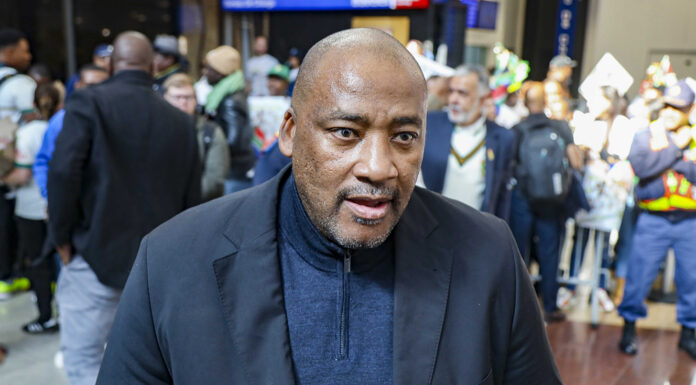Sport, Arts and Culture Minister Gayton McKenzie has announced that he will be hosting a reunion for ex-political prisoners at the Robben Island Museum in Cape Town.
The reunion will take place on Saturday, 27 September.
The reunion is organised in partnership with the Association for Ex-Political Prisoners (AEPP) and the Robben Island Museum (RIM).
McKenzie said this will be a historic gathering for South Africans.
The event will be held under the theme “Reuniting with Robben Island as the Stronghold that Fortified Our Resistance to Achieve Our Freedom.”
Moment of reflection
He said the gathering represents a profound moment of remembrance, healing, and national reflection.
“It brings together former political prisoners from South Africa and Namibia and will pay tribute to the extraordinary bravery, unyielding resilience, and unwavering commitment of those who were imprisoned for their role in the fight against apartheid,” he said in a statement.
As part of the programme, all ex-political prisoners who were incarcerated on Robben Island, including those from Namibia, will be awarded commemorative medals in recognition of their sacrifice.
It will also unveil a wall of names honouring all former prisoners.
Statues of some of the iconic figures will be inaugurated. This is to serve as a symbol of their bravery.
Taking place during Heritage Month, Minister McKenzie said the reunion underscores Robben Island’s continued importance as a UNESCO World Heritage Site.
“It is a living monument of resilience, unity, and hope for present and future generations.”
The reunion comes after a visit by a South African delegation led by Mackenzie, who met with Namibia’s Minister of Education, Sanet Steenkamp, and former Robben Island political prisoners on Monday.
Vusithemba Ndima, who is South Africa’s Deputy Director-General of Heritage Promotion and Preservation, said the project will symbolise their resilience.
“The ex-political prisoners also asked the minister to remember that there were Namibians in Robben Island, hence they were included. They stayed and struggled together as brothers.”



